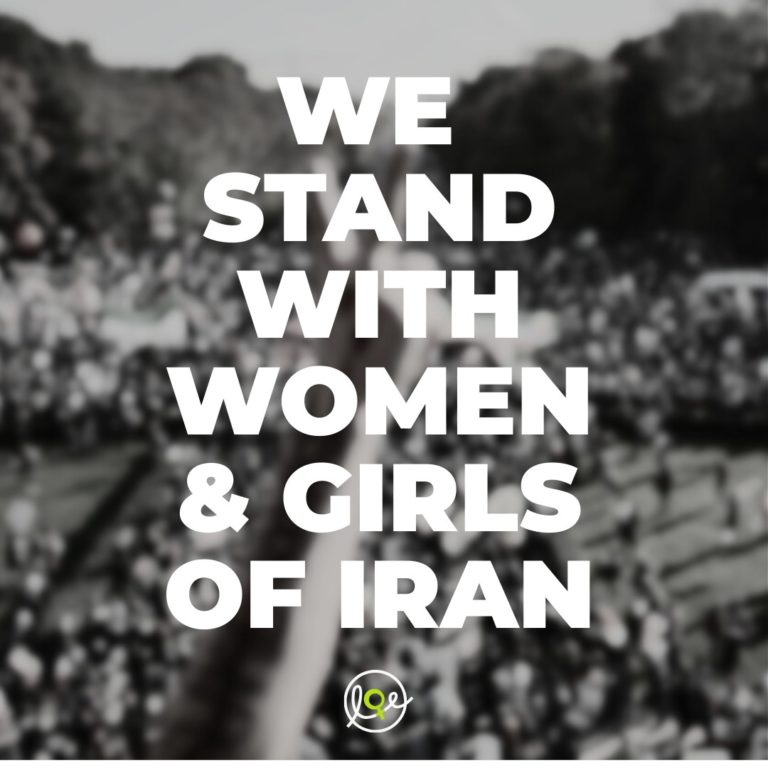Download the official document here
The lived reality of Afghan women and girls today is one of systemic oppression, violence, exclusion, and invisibility. This is not only a grave humanitarian crisis – it is a blatant and ongoing breach of international human rights law.
As South African human rights lawyer Professor Bonita Meyersfeld explained: “Gender apartheid is a governing system. Afghan women are not just facing discrimination; they are being legally and politically erased. They cannot go to school, hold jobs, access health care, or appear in public. This isn’t just a cultural or religious practice. It’s a systemic and codified strategy of control.”
Some key figures show the harsh reality that women and children living in Afghanistan are facing daily.
In 2018, 50.8% of Afghan women aged 15-49 had experienced intimate partner violence, with rates reaching as high as 92% in some provinces. By 2023, 28.7% of women aged 20-24 had been married before the age of 18, and 9.6% before the age of 15. In terms of health and reproductive rights, only 10% of women were able to meet their basic health needs in 2022. Afghanistan remains one of the countries with the highest maternal mortality rates globally. Each month, an estimated 24,000 women give birth in remote areas with little or no access to skilled healthcare.
Access to education has been severely cut: 80% of school-aged girls – approximately 2.5 million – are out of school, including 1.1 million secondary school-aged girls. In December 2022, more than 100,000 female university students were banned from continuing their education. The women’s labour force participation rate in Afghanistan is among the lowest in the world, at 5.1%, while men’s rate is 69.9% and tends to drop. Additionally, vulnerable employment for females is 92.1%, with no data on women’s unpaid work. Only 2% of women are business owners, one of the lowest rates in the world. Being fully dependent economically, with no bank accounts or financial resources (only 4,7% of women had bank accounts in 2021), women live in poverty and have no voice in making decisions.
Afghanistan ratified the Convention on the Elimination of All Forms of Discrimination Against Women (CEDAW) in 2003 and remains bound by it. The Taliban regime’s systematic erasure of women and girls’ rights is a flagrant breach of this convention and other legally binding treaties such as the Convention on the Rights of the Child, ratified in 1994.
The European Women’s Lobby calls on the European Commission President Ursula von der Leyen, European Parliament President Roberta Metsola, European Council President António Costa, and EU, High Representative Kaja Kallas, all Member States, the United Nations, and the international, community, including private sector actors, to:
- Recognise and condemn the gender apartheid in Afghanistan as a crime under international law.
- Condition all diplomatic, economic, trade, and investment agreements on the full reinstatement of women and girls’ rights in Afghanistan.
- Hold the Taliban regime accountable for violations of CEDAW and other international human rights instruments.
- Fund and support Afghan women’s organisations both within the country and in exile.
- Guarantee safe pathways and asylum mechanisms for women human rights defenders and those at risk.
We stand in unwavering solidarity with the women and girls of Afghanistan. We refuse to accept a world where half the population is invisible and systematically oppressed.
We will not remain silent in the face of gender apartheid.


